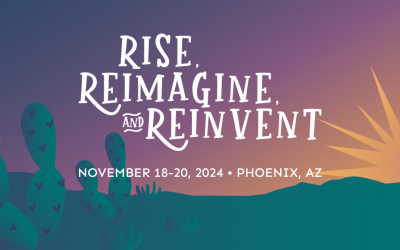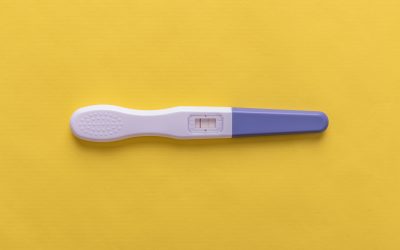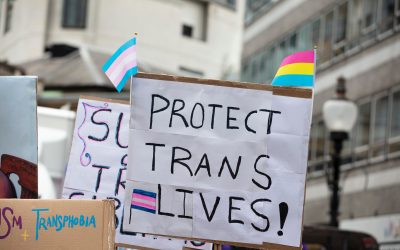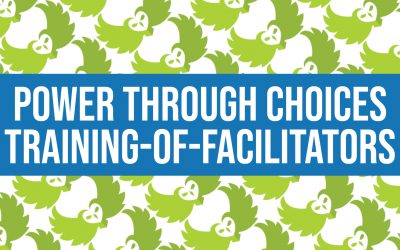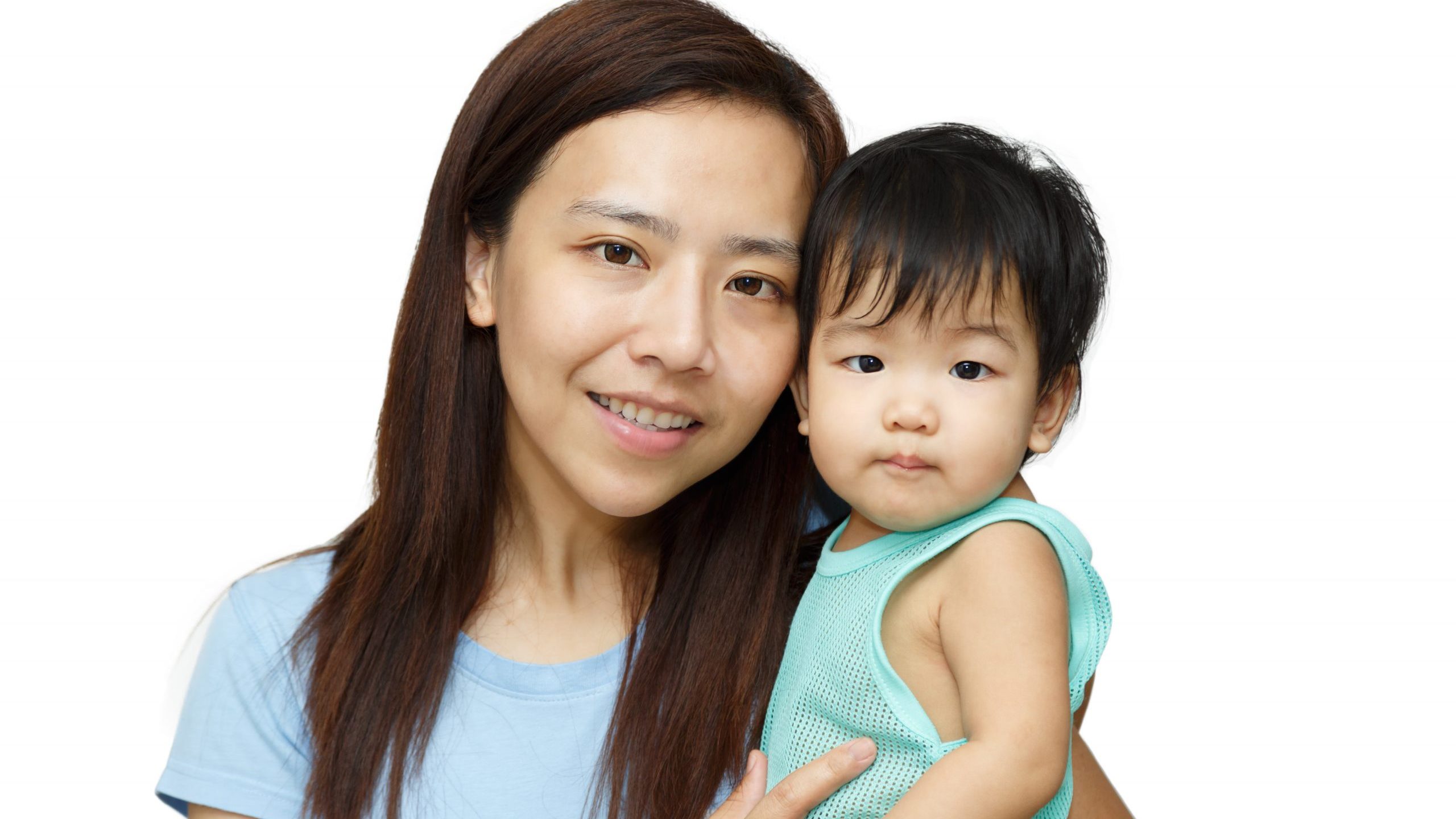
Press release
Legislation to Reauthorize Pregnancy Assistance Fund (PAF) IntroducedPAF provides vital support services to empower young parents and their children to thrive.
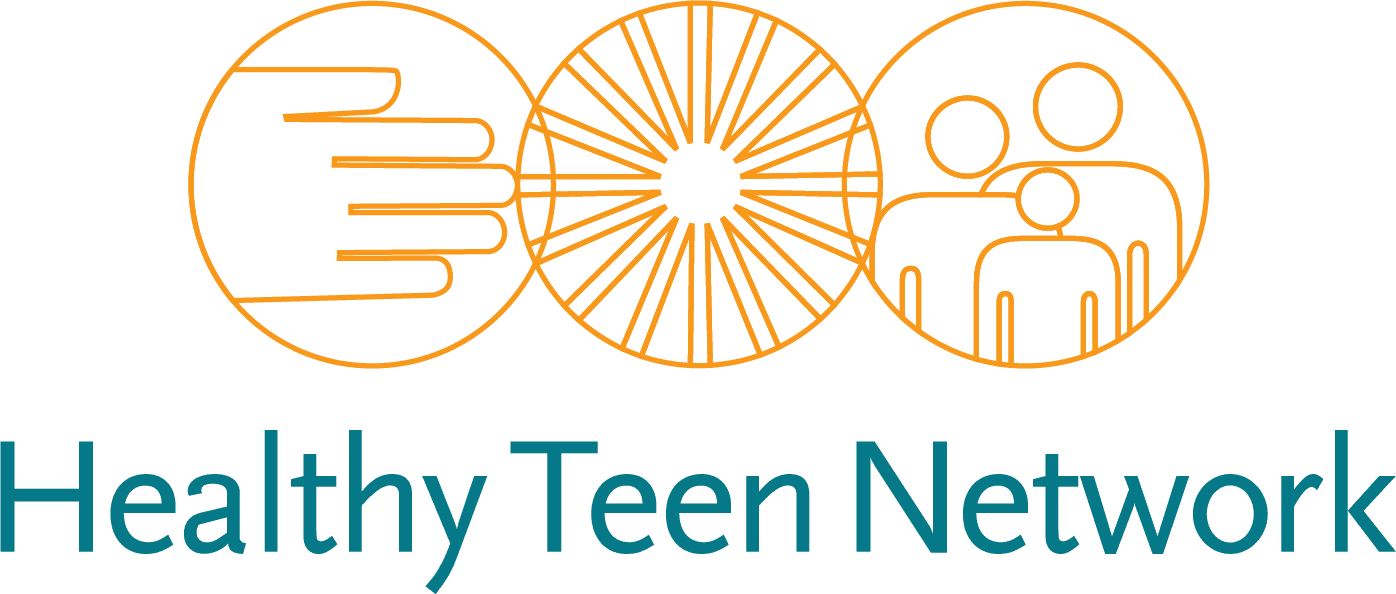
June 26, 2019
For Immediate Release
W ashington, DC — Yesterday, July 25, Senators Lisa Murkowski (R-AK) and Robert Casey (D-PA) introduced legislation (S.2296) to reauthorize the Pregnancy Assistance Fund (PAF). The PAF program is a vital health and human services program directed to students who are pregnant and parenting and to pregnant women who have experienced sexual violence.
The program is set to expire on September 30, 2019. The reauthorization of PAF would maintain a mandatory appropriation of at least $25 million annually, preferably for a five-year period to allow grantees to plan and deliver high-performing projects.
Congress first authorized and appropriated funds to the Pregnancy Assistance Fund in 2010.1 Over the ten-year life of the program, over 94,000 youth who are pregnant and parenting and pregnant women in 32 States2 and 7 Tribal entities3 have benefited from the program. Currently, 22 States and 3 Tribal entities have active PAF grants.
The PAF program is a competitive grant program that funds States and Tribal entities, so they can provide a seamless network of support services to youth who are pregnant and parenting and/or pregnant women who experience sexual violence. Participants in PAF projects receive a wide range of support services including services related to personal health (prenatal care, maternal wellness), child health (immunizations, well-child information), parenting supports, education support (tutoring, assistance working with teachers and school administrators when absent from school after birth of the baby), employment support (job training, interviewing skills) and concrete supports (diapers, food, baby equipment).
The Pregnancy Assistance Fund program is the only federal program targeted uniquely to youth who are pregnant and parenting. Ensuring the success of young parents matters, not only for them but also for their children, who are more likely to thrive if their parents receive these supports and services.
Like most parents, young parents are extremely motivated to be good parents and provide financially for their children. Unfortunately, they face many barriers to enrolling, attending, and succeeding in high school and college, such as discrimination, the challenge of juggling schoolwork with parenting, and a lack of access to health services and concrete supports for themselves and their children. Pregnancy and parenting responsibilities significantly increase a student’s risk of dropping out of school. However, young parents quickly realize that an education and a career are necessary in order to provide for their children, and with the right supports, they complete high school and eagerly seek further education or training.
Failure to provide full supports to youth who are pregnant and parenting so that may complete their educations has severe short- and long-term consequences for the economic success and well-being of their families and communities, as well as our nation. Only 53% of women who gave birth as a teen have a high school diploma, compared to 90% of women who did not have a teen birth.
With help from their families, other caring adults, and public and private asset-building resources and services, young parents can avoid some of the challenges they might otherwise face. Participants in State and Tribal PAF projects have experienced positive outcomes, including improvements in high school graduation, acceptance into Institutions of Higher Education, reductions in dropping out of high school, and reductions in subsequent unintended pregnancies. Compared to youth who are pregnant and parenting who did not receive services through the PAF program, program participants are more likely to graduate from high school (94% vs. 51%), less likely to drop out of high school (8% vs. 30%), and less likely to report a subsequent unintended pregnancy (6% vs. 20%).
Take Action Now
We invite organizations to join us in expressing support for the Pregnancy Assistance Fund. Please review the sign-on letter and add your organization to the sign-on letter by completing this Google Form. (We continue to accept replies on a rolling basis.)
1 Public Law 111-148, 42 U.S.C. 18202-18204
2 Alabama, Arizona, Arkansas, California, Connecticut, District of Columbia, Indiana, Iowa, Kansas, Maryland, Massachusetts, Michigan, Minnesota, Mississippi, Missouri, Montana, Nebraska, New Hampshire, New Jersey, New Mexico, New York, North Carolina, Oklahoma, Oregon, Pennsylvania, Rhode Island, South Carolina, Tennessee, Vermont, Virginia, Washington, Wisconsin (Italicized States have active grants)
3 Choctaw Tribe, Cook Inlet Tribal Council, Inc., Michigan Tribal Health, Pascua Yaqui Tribe, Riverside Tribe, Salish Tribe, Urban Indian Health Services (Italicized Tribal entities have active grants)
###
Healthy Teen Network promotes better outcomes for adolescents and young adults by advancing social change, cultivating innovation, and strengthening youth-supporting professionals and organizations. Healthy Teen Network is a membership organization nationally recognized for its quality training and technical assistance, integration of evidence-informed and best practices with innovative strategies, and translation of complex research to accessible resources and tools to support professionals.
Follow @HealthyTeenNetwork on Facebook, Instagram, LinkedIn, TikTok, and X.
Contact: Gina Desiderio, Director of Communications

